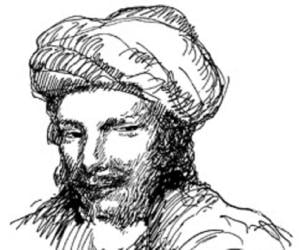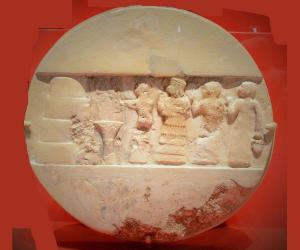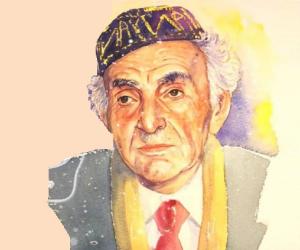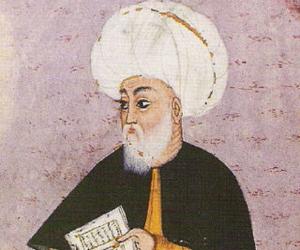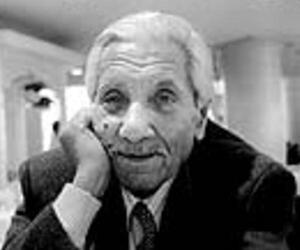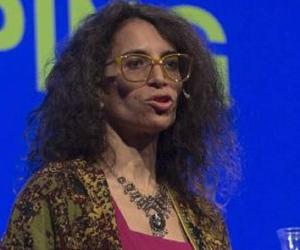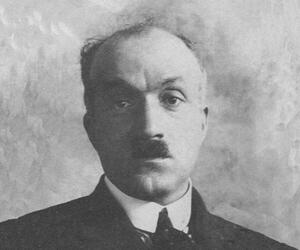1
Al-Mutanabbi
(Poet)
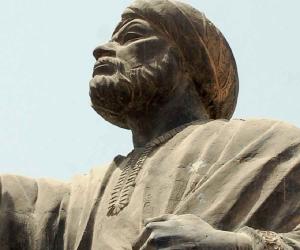
18
3
Birthdate: 0915 AD
Birthplace: Kufa, Iraq
Died: September 3, 0965
Al-Mutanabbi was a renowned poet in the Abbasid era, known for his exceptional talent and sharp wit. He gained fame for his poetic style and compositions, earning popularity in his time and continued admiration in the Arab world today. He began writing poetry at a young age and delved into topics such as courage, life philosophy, and battles in his works. His work has been translated into numerous languages, highlighting his influence and significance as one of the greatest poets in the Arabic language. His close relationships with leaders, whom he praised for rewards, eventually led to conflicts due to his political ambitions and egotism, possibly leading to his untimely demise.
